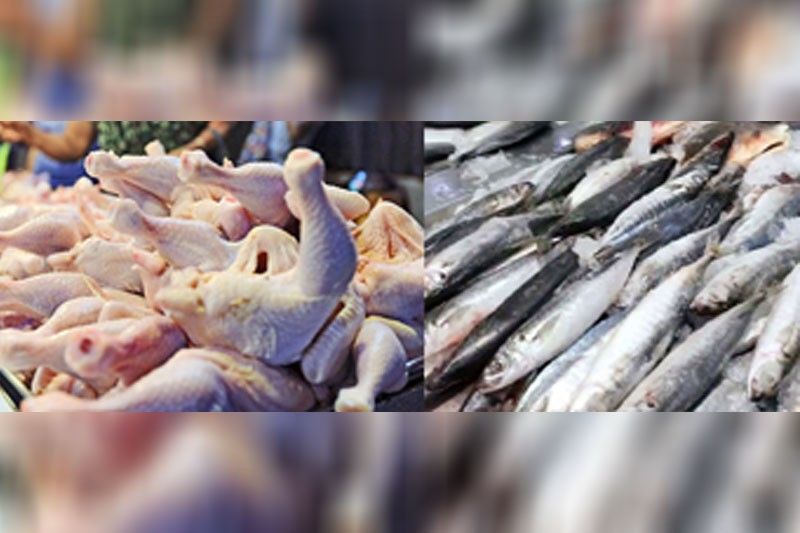Expansion of protein sources urged amid ASF resurgence

MANILA, Philippines — The country must expand the production of other protein sources such as chicken and fish as the resurgence of the African Swine Fever is threatening the hog industry anew.
The Philippine Rural Reconstruction Movement (PRRM) warned that food security goals may be at risk following the comeback of the deadly hog disease.
Pork remains to be the third main source of protein in the country after fish and chicken. However, ASF is threatening pork supply yet again especially as the barangays with active cases have now reached over 450.
As such, PRRM president Edicio dela Torre said there is a need to increase the production of other protein sources in order to meet the country’s demand especially with the holiday season coming in just a few months.
“One advantage of chicken is that the main system of local production is large scale and not backyard size as with pork,” Dela Torre said.
Currently, there is a bigger inventory of imported dressed chicken in cold storage facilities compared to local produce.
Data from the National Meat Inspection Service (NMIS) showed that inventory stood at 31,917 metric tons as of last week.
Of this, 68 percent or roughly 21,601 MT are imported and only 10,315 MT are locally produced. Most of the imported dressed chicken are in Calabarzon, Central Luzon and Metro Manila.
Data also revealed that the inventory inched up by two percent from last month’s level of 31,374 MT.
As such, PRRM said importation should be reduced and instead focus on local production.
Total chicken production is expected to reach 2.26 million metric tons by yearend. However, demand is only at 1.68 million MT. With this, ending stock would be at around 780,000 MT.
“Fish and shellfish supply has to increase also to meet the demand for protein. In the case of marine products, aquaculture must increase its share vis-a-vis fish capture,” he said.
Dela Torre said that PRRM’s concern about the West Philippine Sea should be linked to the broader framework of the blue economy when it comes to food security.
This is especially true since the potential of the country’s exclusive economic zone is not yet adequately appreciated.
In relation, PRRM said the Philippine Maritime Zones Bill and the Blue Economy Bill would help in the country’s food security goals.
“We need to establish policies that support programs for these especially in relation to food security, though their importance and coverage is not just about food security, but national security,” dela Torre said.
He added that the recent clashes between the Philippine Coast Guard and Bureau of Fisheries and Aquatic Resources against Chinese vessels affect more immediately the exercise of the country’s rights under the United Nations Convention on the Law of the Sea and the Permanent Court of Arbitration.
“China’s actions and policies affect not only our trade routes, but the freedom of navigation of many other countries,” dela Torre said.
- Latest
- Trending






























